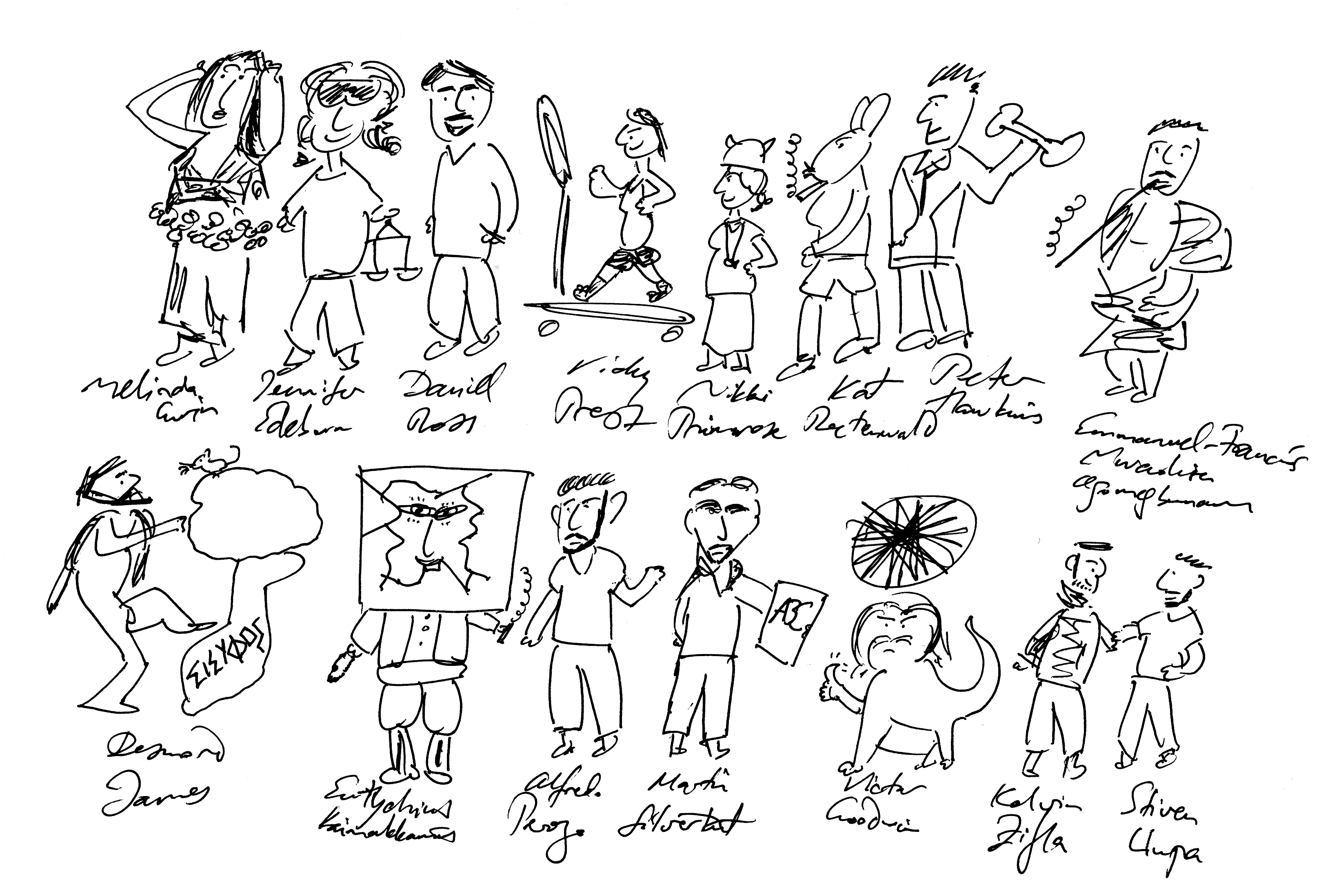I was brought up in Crete. I read Cretan Renaissance literature as an adult, and was taken aback at the notion that the kinds of conceit you might find in Shakespeare (common Italian antecedents) were being expressed in the language my grandmother used to yell at her chickens.
Greece is a country run on the French model of centralisation. The State did not regard Greek dialect with the hostility it regarded minority languages, but it certainly did not encourage them as competitors to Standard Greek. And dialect speakers internalised that prejudice. When I tried to speak more dialectally while visiting the home country, my aunt scolded me, a scholar, talking like a villager.
Why yes, aunt. A scholar in Greek dialectology.
Dialects feel different because of their social connotations, of course, rather than anything linguistically inherent. I’m biased to prefer islander over mainland Greek dialects, because islander dialects are more familiar to me. (My parents are speakers of the two major instances of islander dialects, Cretan and Cypriot.)
But I’ve already told the anecdote here of my aunt from Thessaly: on the one hand, she commented how much more pleasant Cretan or Cypriot sounded to her, whereas her native dialect “stunk of the sheep pen”. On the other hand, a few days later, we had Cypriot TV on, and she turned to me and remarked how hard it was for her to take Cypriots seriously, the way they talked.
To me as a biased source, mainlander dialects sound rustic and quaint, and islander dialects sound rustic and heroic. To judge from vaudeville stereotypes of course, islander dialects sound just as quaint to Athenians.
